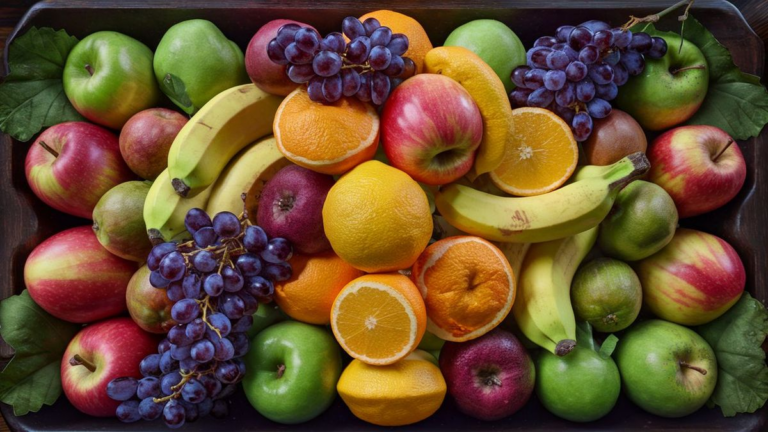Are you wondering about the rules and regulations regarding carrying fruits while traveling on a plane? We’ve got you covered with comprehensive insights on this topic.
Understanding Airport Security Regulations
When it comes to bringing fruits on a plane, it’s crucial to consider the security regulations enforced by airports and airlines. These regulations are designed to ensure the safety and security of all passengers.
Types of Fruits Allowed
Most airports and airlines allow passengers to bring certain types of fruits onboard. Common examples include apples, bananas, oranges, and grapes. These fruits are generally considered safe for air travel and pose minimal risk.
Precautions to Take
While bringing fruits on a plane is generally permitted, it’s essential to take some precautions to avoid any issues during security checks. Here are some tips to keep in mind:
- Choose firm fruits that are less likely to get squashed or damaged during transit.
- Package the fruits properly to prevent them from leaking or causing any inconvenience to other passengers.
- Avoid carrying large quantities of fruits, as excessive amounts may raise suspicions during security checks.
- Check with the airline in advance if you’re unsure about the specific rules regarding fruit transportation.
Prohibited Fruits
While many fruits are allowed on planes, there are certain types that are typically prohibited due to various reasons, including safety concerns and agricultural regulations. These prohibited fruits may include:
- Fruits with a high moisture content that could potentially leak and cause damage to other passengers’ belongings.
- Exotic fruits that are subject to strict agricultural restrictions to prevent the spread of pests and diseases.
International Travel Considerations
When traveling internationally, it’s essential to be aware of the specific regulations and restrictions imposed by different countries regarding fruit importation. Some countries have stringent rules in place to protect their agriculture industry, and failing to comply with these regulations could result in fines or other penalties.
In summary, while you can generally take fruits on a plane, it’s essential to be mindful of airport security regulations and take necessary precautions to ensure a smooth travel experience. By following the guidelines outlined above, you can enjoy your favorite fruits while traveling without any hassle.
Frequently Asked Questions
Can I Take Dried Fruits on a Plane?
Yes, dried fruits are generally allowed on planes. They are less likely to cause issues during security checks compared to fresh fruits. However, it’s still a good idea to check with the airline in advance to ensure compliance with their specific regulations.
Are Fruit Snacks Allowed?
Fruit snacks, such as packaged dried fruit snacks or fruit bars, are typically allowed on planes. These items are often considered similar to other packaged snacks and should not pose any problems during security checks. However, it’s advisable to check with the airline to confirm their policies.
What Should I Do If I’m Unsure About a Specific Fruit?
If you’re unsure about whether a particular fruit is allowed on a plane, it’s best to err on the side of caution and either leave it behind or inquire with airport or airline staff. They can provide guidance based on their regulations and help you avoid any potential issues at security checkpoints.
Tips for Hassle-Free Fruit Transportation
Aside from following the regulations and restrictions, here are some additional tips for hassle-free fruit transportation:
- Opt for fruits that are less prone to bruising or squashing, such as citrus fruits or stone fruits.
- Consider using airtight containers or zip-top bags to contain any juices and prevent leaks.
- Keep fruits separate from other belongings in your carry-on luggage to avoid contamination.
- If you’re bringing fruits from home, ensure they are washed and dried properly before packing.
| Allowed Fruits | Prohibited Fruits |
|---|---|
| Apples | Fruits with high moisture content |
| Bananas | Exotic fruits subject to strict agricultural restrictions |
| Oranges | |
| Grapes |
See also:






